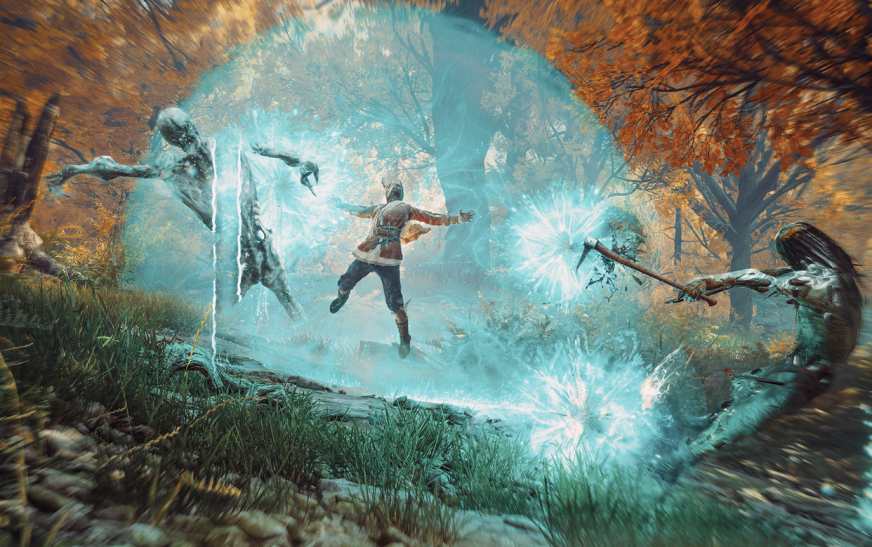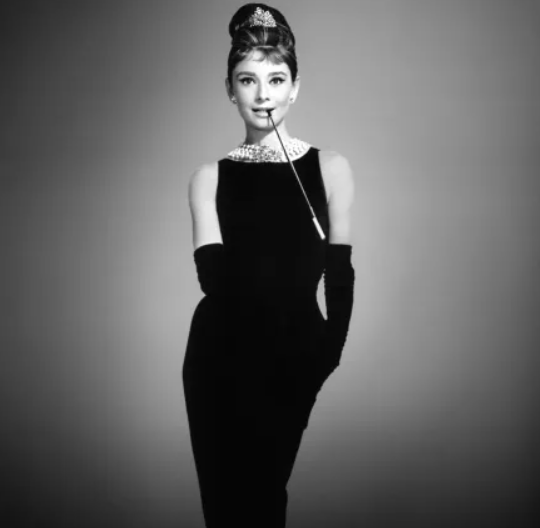Taking Eden is not your typical superhero comic. Jason Beckwith’s comic series delves into a world of complex characters, occult magic, and moral ambiguity, all set against a moody urban backdrop. It’s a story where innocence meets corruption, and the boundaries between good and evil blur. For those tired of the straightforward, binary character arcs often found in traditional superhero tales, Taking Eden offers a refreshing change.
The story follows Marnie, a naive young woman who leaves her small town job at a Frosty Cream shop to live with her cousin, Jasmine, a Gothic DJ in the big city. It’s here that Marnie becomes entangled in a world of secrets, dark desires, and personal transformation. Sky, a dangerous yet charismatic nightclub owner, runs a business that deals in a drug called Eden—derived from the virtue of innocence through an occult process. As Marnie dives deeper into this hidden world, she uncovers unsettling truths about herself and those around her. Set in a city reminiscent of Gotham, the comic explores themes of innocence, corruption, magic, and the uncanny, all woven together in a gripping narrative.
What sets Taking Eden apart from other comics is its focus on character development and the complexity of its storytelling. Beckwith admits that the series is aimed at a niche audience. “I knew from the start that it wouldn’t have mass appeal. I’m not expecting it to make me rich. I just want to create enough to keep making the next book,” he says. This freedom allows him to tell the story in an unfiltered way, making Taking Eden a comic for readers who crave depth and emotional engagement with the characters.
The project began as a creative experiment between Beckwith and his coworker, Malcolm Johnson, while they were working at an advertising agency in Silicon Valley. They bounced ideas off each other, and the more they developed the story, the more they realized they had something special. Beckwith eventually took over writing solo, using note cards to map out scenes, laying them on a large bulletin board, and drawing layouts by hand for each page.
A standout feature of Taking Eden is its artwork. Niño Harn Cajayon’s pencil and ink drawings capture a broad range of emotions and action sequences, giving the comic a slightly sketchy, vintage feel. The dark, moody colors by Gonzalo Duarte add to the atmosphere, with subtle shades of shadow that create a sense of tension without overwhelming the images with black. Beckwith’s additional shading further enhances the mood, lending depth to the scenes. The collaborative nature of the project between Beckwith and his artists results in a visually striking comic with a strong aesthetic identity.
The series also offers plenty of inspiration for the cosplay community. Marnie, Jasmine, and David—another key character with a distinct, aristocratic look—each sport unique and memorable outfits that would make for fantastic cosplay creations. Beckwith, who appreciates the cosplay culture, hopes that as the series gains more exposure, it will inspire more fans to bring his characters to life at conventions.
Throughout Taking Eden, readers will notice references to classic horror tropes, such as zombies and even tentacle monsters. However, Beckwith makes it clear that the true monsters in the story are human. “The villains think they are doing the right thing, but they are blinded by material desires or selfish impulses,” he explains. At its core, Taking Eden is about personal growth and self-discovery. As Marnie adjusts to life in the big city, she comes to realize that the world is far more complex and dangerous than she ever imagined.
Another major theme in the series is the use of occult magic to create the drug Eden, blending ancient mysticism with the modern nightclub scene. Beckwith offers an intriguing perspective on this fusion of magic and technology. “What differentiates magic from technology? If you’ve ever played with magnets or watched fire burn a log, that’s magic to me, even if there’s a scientific explanation behind it,” he says. This philosophical exploration of magic in the modern world adds an extra layer of depth to the story.
When asked about his favorite character, Beckwith responds, “I don’t have a favorite. I spend the most time on Marnie because she’s the protagonist, but I love developing all my characters and ensuring each one has their own compelling story arc.” This attention to character depth is part of what makes Taking Eden such a unique and engaging series.
With its complex narrative, rich character development, and philosophical exploration of magic and morality, Taking Eden stands out as a comic series that isn’t afraid to venture into dark and thought-provoking territory. It’s a compelling read for those who appreciate stories that challenge traditional superhero tropes and dive deep into the human experience.













